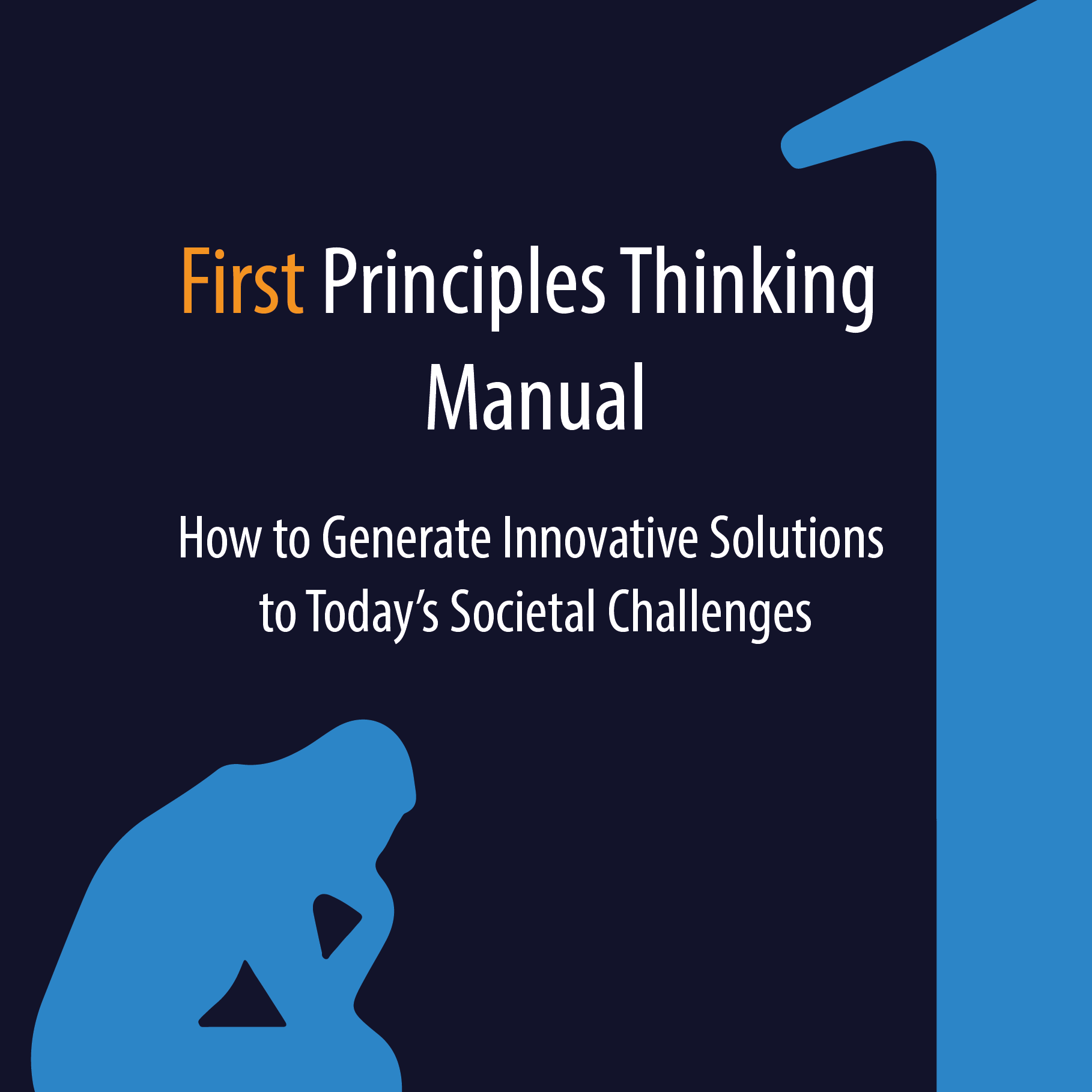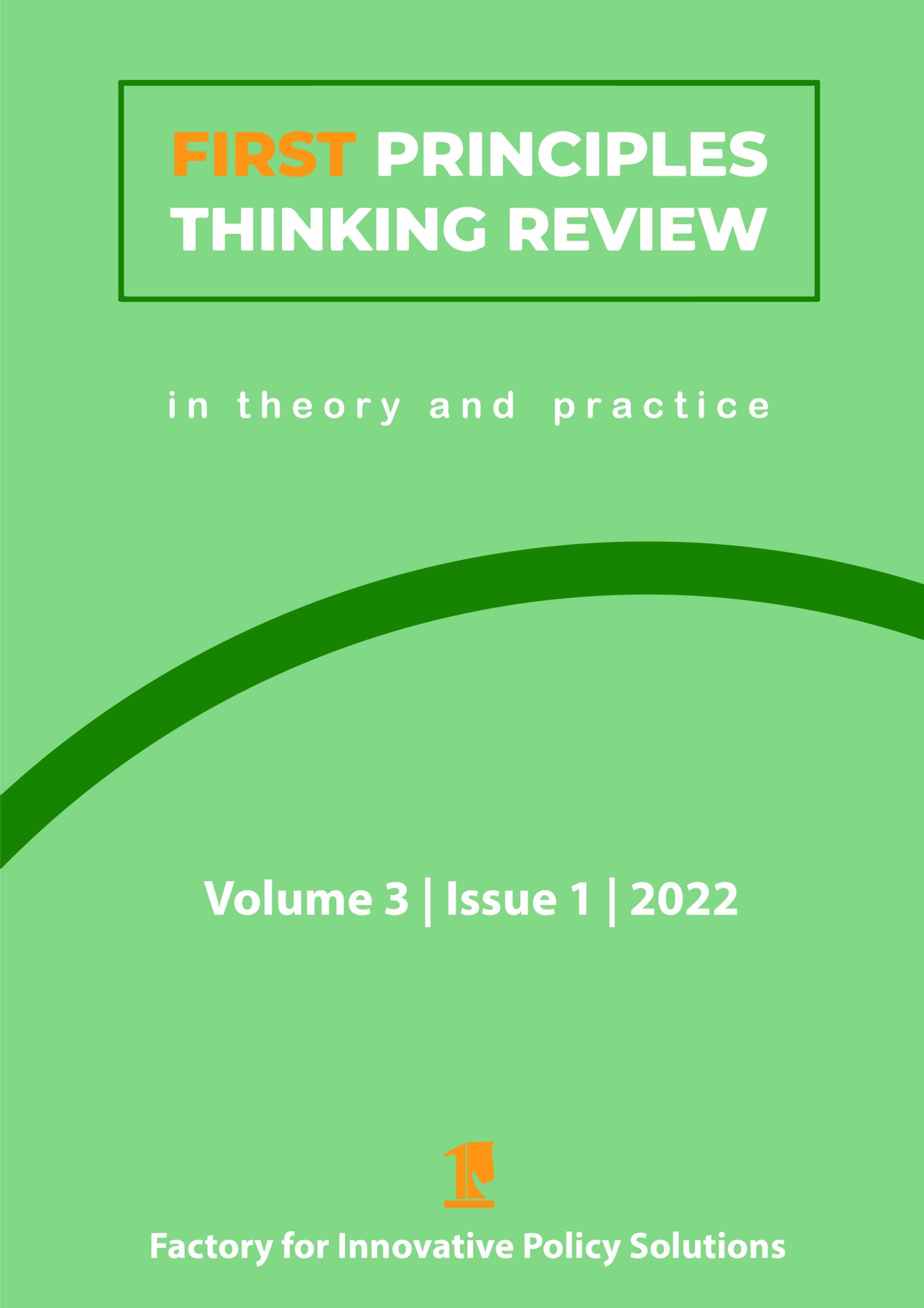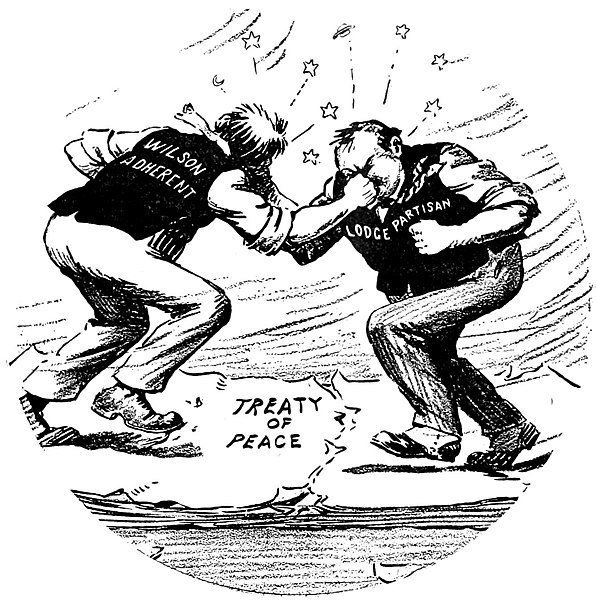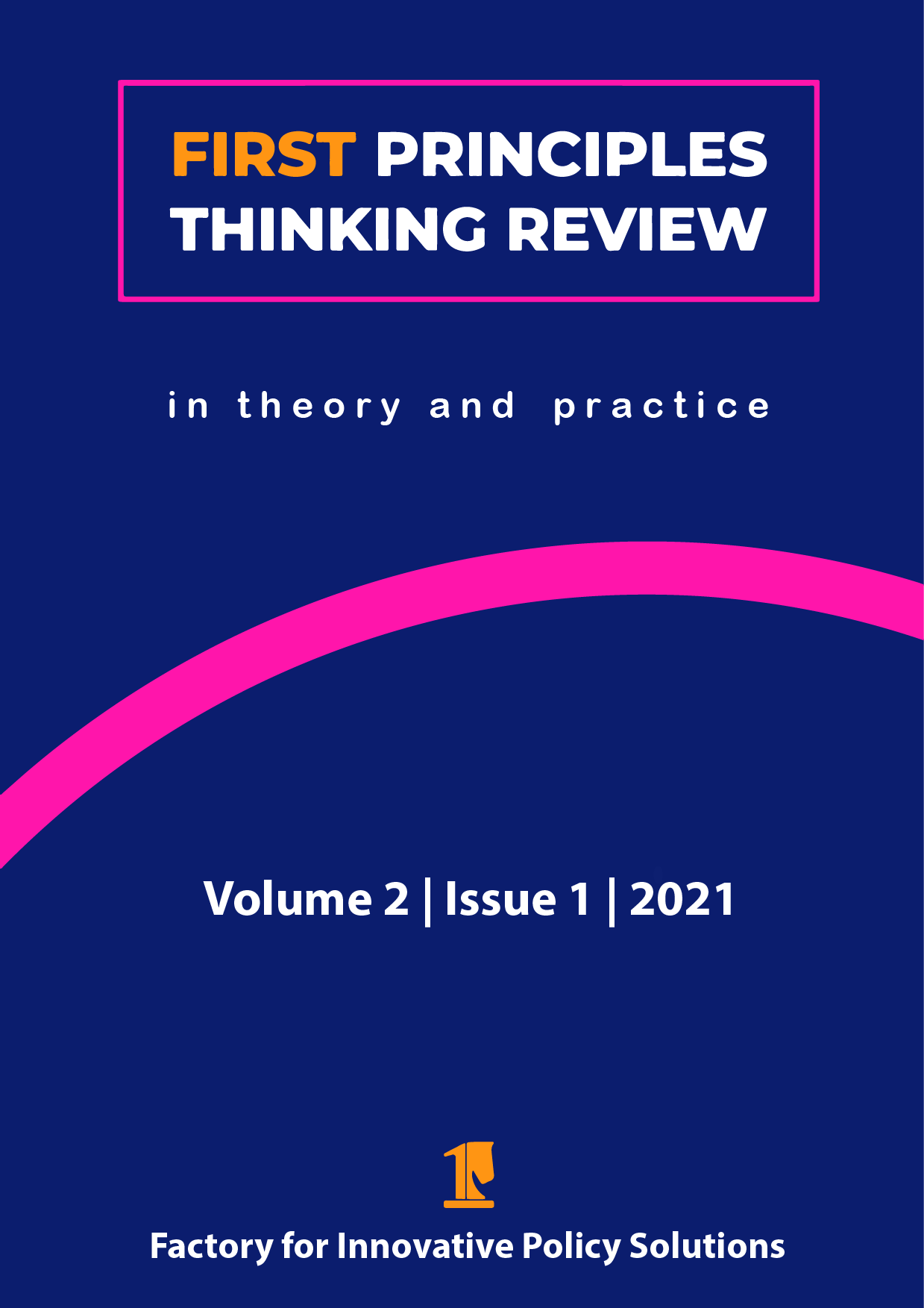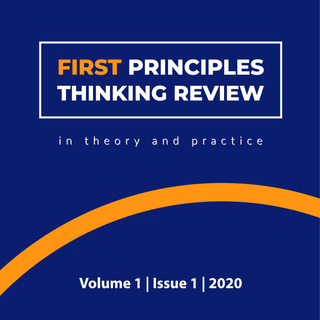Was Parmenides the First of the First Principles Thinkers?
While first principles thinking is commonly associated with the writings of Aristotle and the teachings of Socrates, the contributions made by pre-Socratic philosophers remain either largely forgotten or ignored. This article traces the first recorded instance of first principles thinking at work to the thought-provoking questions posed by Parmenides a generation before Socrates.
What about Socrates and Aristotle?
Modern advocates of first principles thinking commonly attribute the methodology to the foundations laid down by Aristotle, who argued that no problem could be adequately solved before being deconstructed to reveal its underlying causes. Aristotle, in turn, was influenced by the method of Socratic questioning—a rigorous re-evaluation of one’s previously held assumptions—as passed down to him by his mentor Plato, who was himself a student of Socrates. According to most historical accounts, the roots of first principles thinking cannot be traced any further back, as many consider Socrates to be the absolute bedrock of all Western philosophy. Catherine Osborne, author of Presocratic Philosophy: A Very Short Introduction , dismisses this view as historically inaccurate and intellectually negligent. Her critique of the all-too-common narrative adopted by many textbooks and school curricula, which simply depict Socrates as having invented reason and logic out of nothing, brings much needed attention to the generations of philosophers who actually came before Socrates and influenced his work. Particularly interesting were the questions of first principles raised by Parmenides.
Was a single element truly responsible for the origin of all matter?
Parmenides of Elea was born around the late sixth or early fifth century BCE, making him several decades older than Socrates. Though much of his work was lost after his death, what has been preserved shows Parmenides’ great interest in the subject of cosmology, the branch of astronomy primarily concerned with studying the origins of the universe. At the time, it was common to believe that a single element was responsible for the origin of all matter. For example, Thales—one of the earliest Greek philosophers on record—believed that the whole world floated on water and that all things somehow derived from it. Anaximander, who succeeded Thales, rejected the water hypothesis, arguing that the building blocks of the universe were something indefinite. Later, Anaximenes argued that air was the basic element, while Heraclitus (a contemporary of Parmenides) proposed that it was fire. Although these hypotheses may have been convenient, Parmenides argued for more intellectual rigour when searching for first principles.
The universe could neither have originated out of nothing...
In his poem On Nature , Parmenides establishes what would come to be known as the ‘way of truth’ by which he investigates the origin of something. Osborne explains:
The first option to consider is that what we now encounter perhaps arose from ‘non-being’: did what is come from ‘what is not’? ‘No,’ says Parminedes, ‘you should not think that, because you are not allowed to think or say “it is not”.’ A further consideration adds to the weight against this: ‘what could have made it happen?’ he asks, if it came from non-being? (Osborne 2004, p. 41-42)
Thus, Parmenides begins to re-evaluate the problem of origin by asking basic questions and re-examining what was already thought to be known. By doing so, he challenges and eliminates the possibility that the universe could have originated out of nothing. In a sense, his questioning can be compared to the analogy of the chicken and the egg. Could a chicken be spawned out of nothing? Certainly not. Osborne continues her analysis:
The second option… is that it arose from something that already had being, so that something besides what is there already arises from what is there before. This also, Parmenides suggests, is not to be allowed. (Osborne 2004, p. 42)
...Nor could the universe have originated out of something
To counter the argument that the universe could have originated out of nothing, Parmenides then proposes that it, in fact, originated out of something that had already existed before. Upon closer examination, however, this proposal leads back to the root of the problem. If the universe originated out of something, then what is the origin of that thing? Following the analogy of the chicken and the egg, if the chicken originated from the egg, then what was the origin of the egg? Certainly the egg could not have spawned itself. Osborne concludes:
And thirdly, he tells us that we are not to accept that what now is can cease to be... if something has a beginning or an end then at some point we have to say of it, not that it is, but that it is not, or is not right now (though it will be or was). (Osborne 2004, p. 42)
Although Parmenides never proposed an alternative to the prevailing belief that a single element served as the origin of the universe, his system of logical questioning introduced a paradigm shift that challenged the existing approaches to cosmology.
Parmenides deserves a branch on the genealogical tree of first principles thinking
By ruling out the idea that the universe originated from nothing and rejecting the idea that it comes from something, Parmenides’ way of truth led to the conclusion that the universe can have neither a beginning nor an end. This philosophical milestone came decades before Socratic questioning, a century before Aristotelian first principles thinking, and over two millennia before Einstein reached the same conclusion in his famous maxim “energy cannot be created or destroyed; it can only change from one form to another”.
Thus, if Aristotle is to be considered the father of first principles thinking and Socrates the grandfather, then Parmenides likewise deserves a branch on the genealogical tree. His approach to problem-solving focused on re-evaluating challenges by asking basic questions before jumping to hasty or convenient conclusions. What Osborne stresses in her work is that Parmenides would have warned against the dangers of looking for answers without first asking the right questions, a valuable lesson indeed for all problem-solvers thereafter. This is true not only for the abstract musings of ancient philosophers who sought to explain the origins of the universe, but likewise for contemporary problem-solvers who use first principles thinking in search of solutions to today’s societal challenges.
References
Osborne, C. (2004). Presocratic Philosophy: A Very Short Introduction. Oxford: Oxford University Press.
Disclaimer: The views, thoughts and opinions expressed in submissions published by FIPS reflect those of the authors and do not necessarily reflect the views held by FIPS, the FIPS team or the authors' employer.
Copyrights: Do you want to share this article? Keep in mind that we use cc license BY-NC-SA. If you want to learn more about the cc license, click here .
Apply first principles thinking yourself?
Would you like to apply first principles thinking yourself and have your problem-solving experience published in the First Principles Thinking Review? Then be sure to check out the submission guidelines and send us your rough idea or topic proposal. Our editorial team would be happy to work with you to turn that idea into an article.
Share this page
Disclaimer : The views, thoughts and opinions expressed in submissions published by FIPS reflect those of the authors and do not necessarily reflect the views held by FIPS, the FIPS team or the authors' employer.
Copyrights : You are more than welcome to share this article. If you want to use this material, for example when writing an article of your own, keep in mind that we use cc license BY-NC-SA. Learn more about the cc license here .
What's new?
